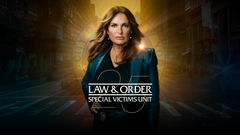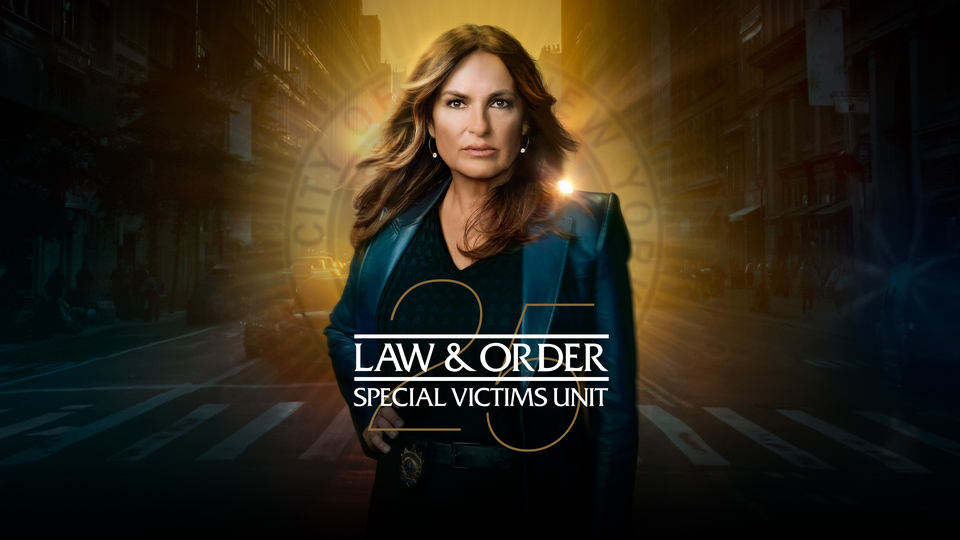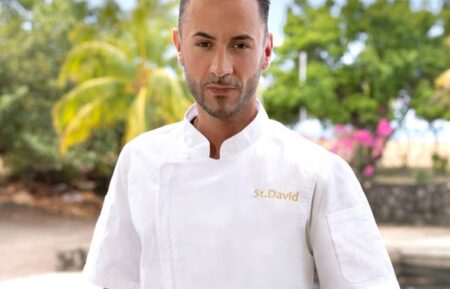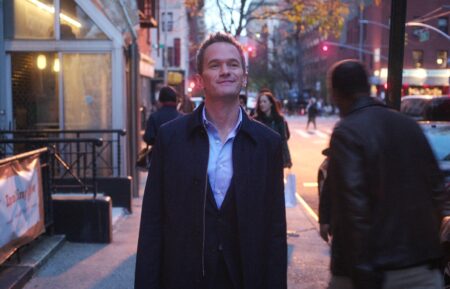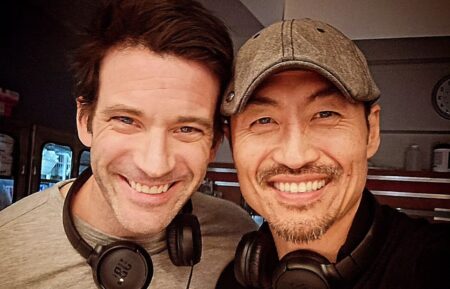Mariska Hargitay Opens Up About Her Own Sexual Assault in Powerful Essay
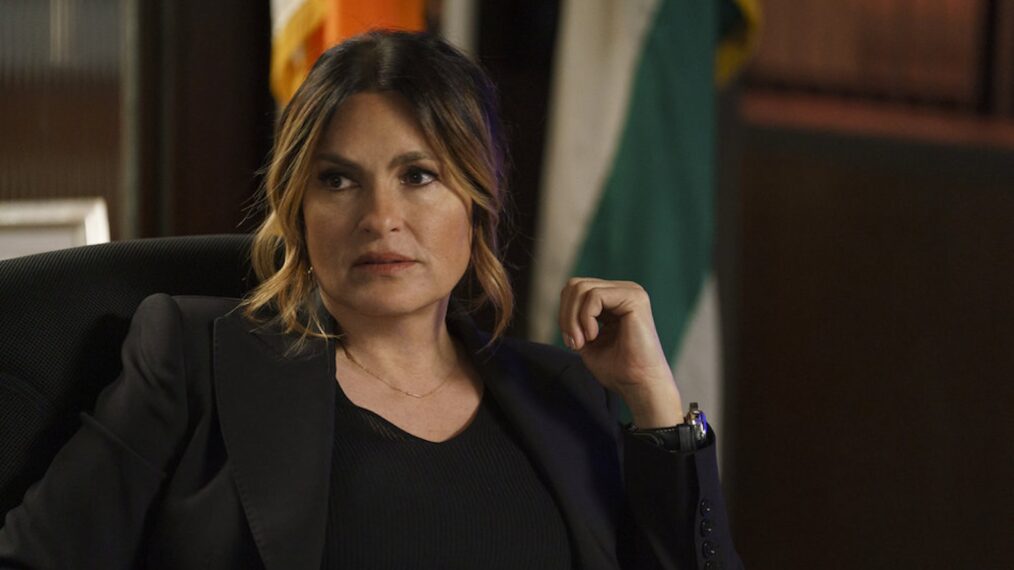
Content warning: This article covers the topics of rape and sexual assault. RAINN offers help for those impacted by sexual violence. Call the National Sexual Assault Hotline at 800-656-HOPE (4673) or visit the online chat for 24-hour, free, confidential support.
For now 25 seasons on Law & Order: SVU, Captain Olivia Benson (Mariska Hargitay, whose character started out as a detective) has been helping survivors of assaults. Offscreen, Hargitay has done the training to become a rape crisis counselor and her Joyful Heart Foundation has focused on healing, education, and advocacy since 2004. Now, in a powerful essay for People, Hargitay opened up about her own experience.
“A man raped me in my thirties. It wasn’t sexual at all. It was dominance and control. Overpowering control,” she wrote of the man who, previous to the assault, was a friend. “I tried all the ways I knew to get out of it. I tried to make jokes, to be charming, to set a boundary, to reason, to say no. He grabbed me by the arms and held me down. I was terrified. I didn’t want it to escalate to violence. I now know it was already sexual violence, but I was afraid he would become physically violent. I went into freeze mode, a common trauma response when there is no option to escape. I checked out of my body.”
She went on to explain that because she couldn’t process what happened, “I removed it from the narrative,” which she now knows is her way of doing “what I had to do to survive.” She didn’t refer to herself as a survivor in speeches because “it wasn’t how I thought of myself.” Instead, it took for those close to her to name what happened, which led to Hargitay’s “own realization” and “own reckoning” and understand the impact of trauma on a person’s mind and memory.
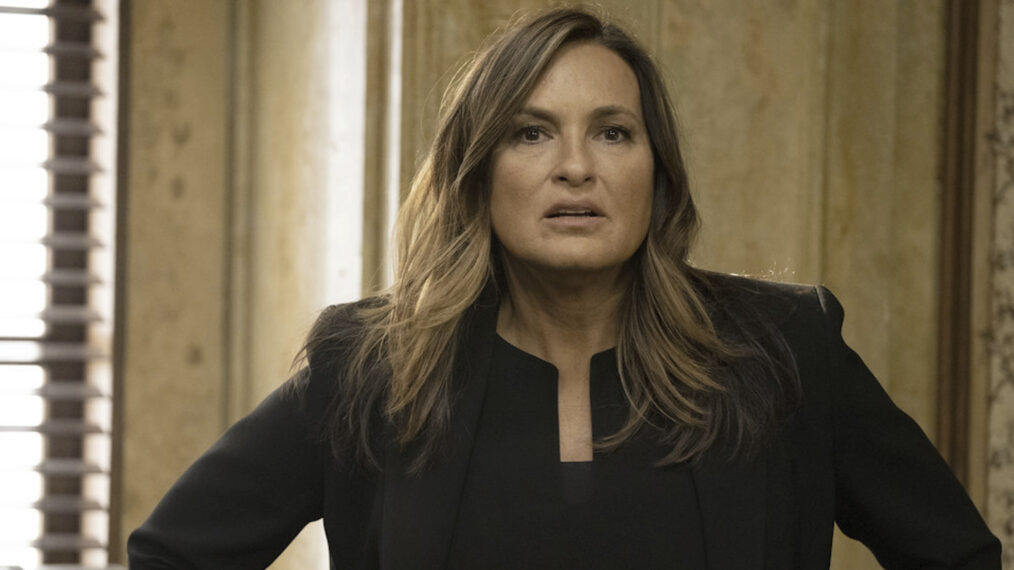
Virginia Sherwood/NBC
“I’ve navigated a lot of unwanted advances. This was not for me to navigate. This was beyond that,” she continued in her essay, noting the link between her experience and what she has said about acquaintance rape. “This was a friend who made a unilateral decision.”
Hargitay went on to write that survivors who have seen SVU and her character as a help and a source of strength have been that for her. Beyond her hope for sexual violence to come to an end, she also wants the narrative around how people discuss it to change. “I want no shame with the victim. “The shame of the act belongs with the perpetrator: they’re the ones who committed the heinous, shameful act,” she explained. “Sexual violence … exists because power structures are in place that allow it to happen.”
Hargitay closed out her essay by detailing what the beginning of justice looks like for her: “I want an acknowledgment and an apology. I’m sorry for what I did to you. I raped you. I am without excuse.” She also stressed that what happened to her “doesn’t come close to defining me, in the same way that no other single part of my story defines me. No single part of anyone’s story defines them.”
